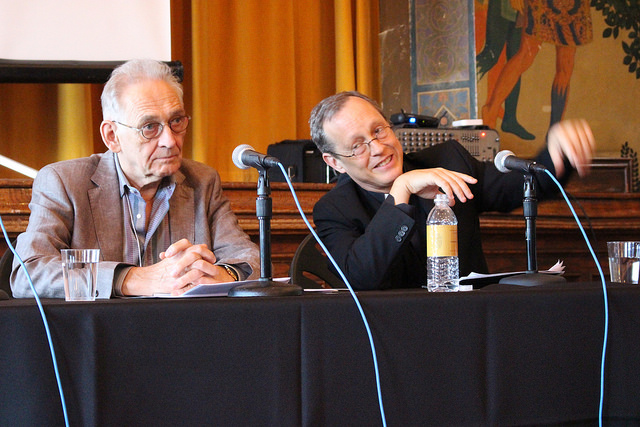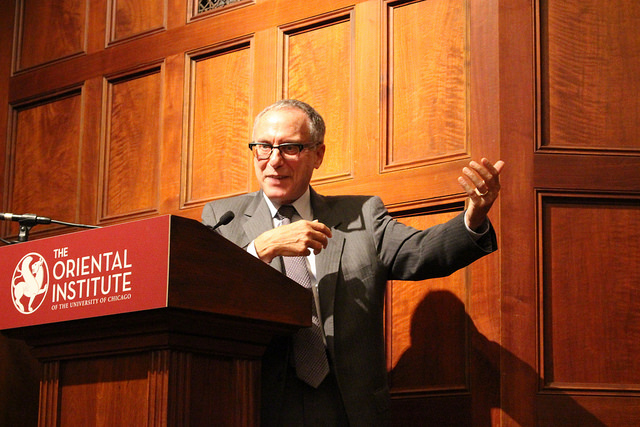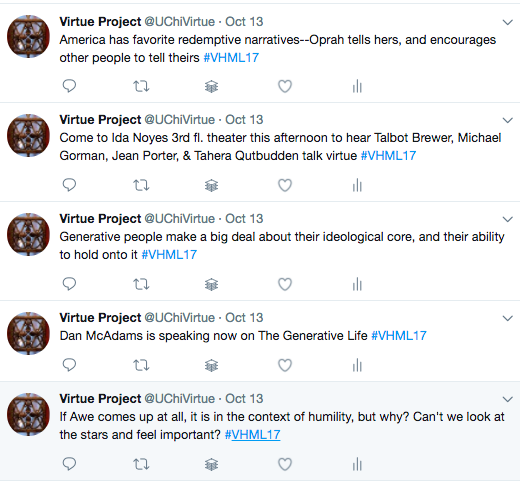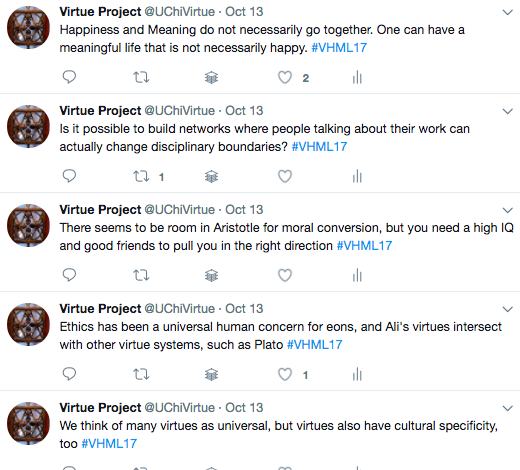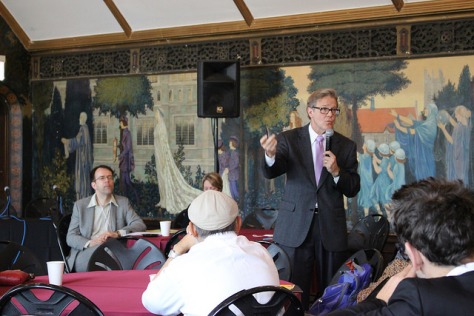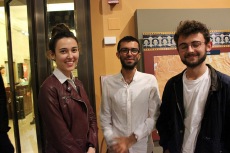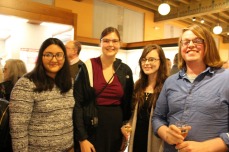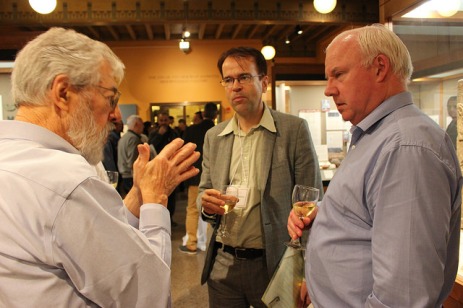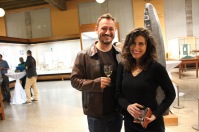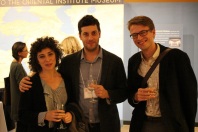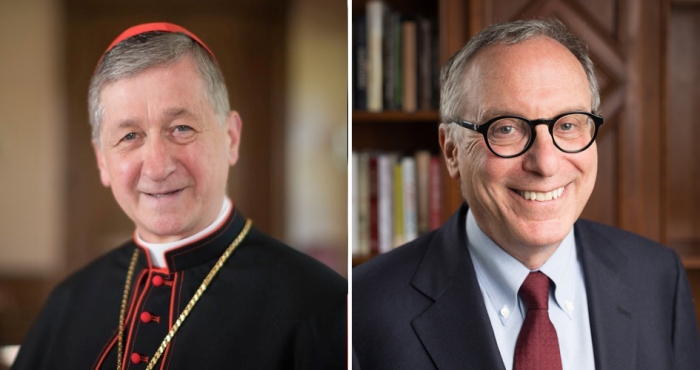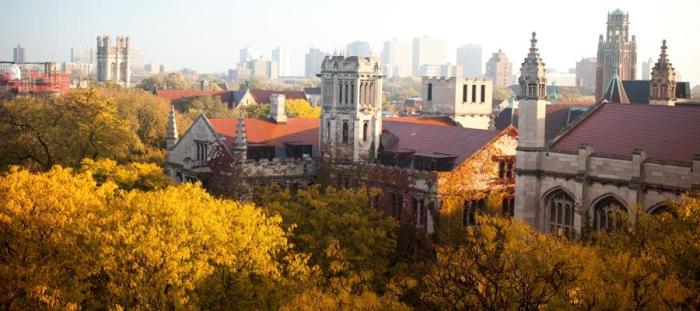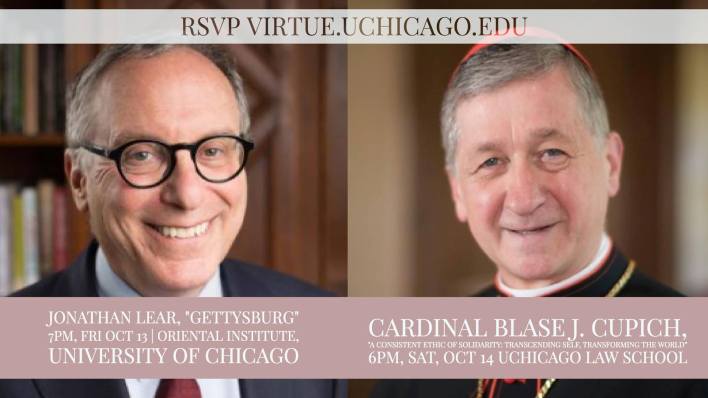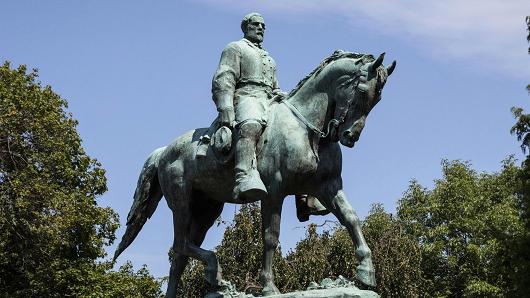
Is there anything we can learn from the NFL protests?
Those who believe players should kneel during the national anthem want to publicly acknowledge racism and white supremacy. Those who believe players should stand want them to show honor and respect for our country. We know this – for the past several weeks the news media has narrated these opposing soundbites.
Roger Goodell wrote to NFL teams that the anthem controversy makes it hard to have “honest conversations” and tackle “underlying issues.” Some have criticized Donald Trump for demanding that players stand, when he should be focusing on public policy.
The narrative is not unlike the controversy of the removal of the Confederate statues. Those who want to obliterate the statues want to obliterate history. Those who want to keep the statues want to remember history. The news media crafts these soundbites, without room for deep thinking.
At the University of Chicago, Dr. Jonathan Lear, a renowned professor, philosopher, and psychoanalyst, diagnosed the cause of the racial riots and protests implemented from the top-down across the South, from Charlottesville, Va. to Memphis, Tn. In the aftermath of the Battle of Gettysburg, the deceased Union soldiers were given a proper burial on a hill while the Confederate soldiers were left to rot on the field. Lincoln called buried Union soldiers “these honored dead” and the Confederate soldiers “enemies” and “rebellious traitors.”
Let me be clear: Dr. Lear admires Lincoln. He knows that the cause the Confederate soldiers – slavery – is despicable. Where Dr. Lear differs is the “us versus them” and “North versus South” black-and-white mentality that still exists today, starting with the Union excluding Confederate soldiers upon burial. The deceased Union soldiers – the “selected harvest” picked from the fields – were memorialized and remembered, while the Confederate soldiers, who were also Americans, were not. We don’t have cemeteries for them – we have statues. Southerners glorify the statues and idealize the possibility of an antebellum South – that’s why Gone With The Wind was written. Northerners extricate themselves from racism by calling supporters “ignorant and bigoted,” he said.
Neither side of this argument is right, said Dr. Lear. Americans should “make sense of the individual [Confederate soldiers] who got it wrong, and preserve the memory – not honor or glorify it.”
By extension, then, it seems logical that while the American flag to some may signify inequality and injustice – deceased slaves, police brutality, and other forms of racism – to others, it signifies the soldiers who sacrificed and risked their lives to protect us, even if the motive or result was not right or ideal all the time. Think of any war you disagree with.
If you are on the protestor end of the supporter-protestor national anthem spectrum, it’s worth remembering Dr. Lear’s advice: preserve and respect the memory without honoring or glorifying it. This piece of advice applies to the Civil War. And it applies to people we may disagree with politically. After Dr. Lear’s speech, one attendee said to me he wondered why people voted for Trump, and then came to the conclusion, “Even if our enemies have a different perspective that isn’t right, we respect each other’s common humanity.”
Melanie Wilcox is an MSJ Candidate at the Medill School of Journalism at Northwestern University.

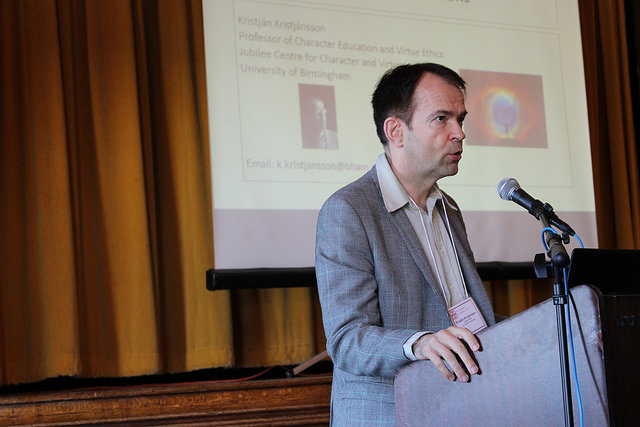 9:30-10:30 am Kristján Kristjánsson, Professor of Character Education and Virtue Ethics; Deputy Director of the Jubilee Centre for Character and Virtues, University of Birmingham
9:30-10:30 am Kristján Kristjánsson, Professor of Character Education and Virtue Ethics; Deputy Director of the Jubilee Centre for Character and Virtues, University of Birmingham Talbot Brewer, Professor of Philosophy, University of Virginia and Faculty Fellow at the Institute for Advanced Studies in Culture
Talbot Brewer, Professor of Philosophy, University of Virginia and Faculty Fellow at the Institute for Advanced Studies in Culture